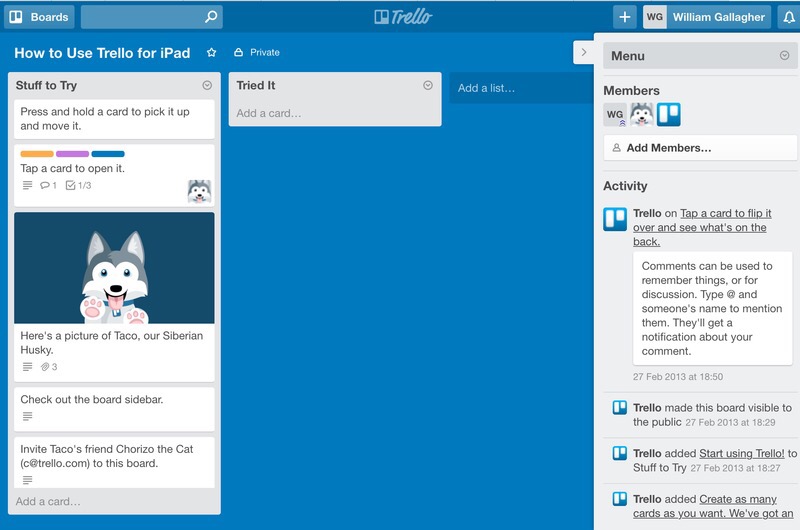I’ve been saying that this isn’t a universal truth: I get up to write at 5am because it unfortunately happens to be when I write the best. Cannot tell you how much I loathe and resent that fact but I also can’t deny it.
Except I often try and most especially I try to tell you that you need to find your best time, whenever it is.
But now I’m going to say no, it’s 5am. Universally. Or near enough.
I am still, unbelievably, struggling because of a virus I had months ago: the actual virus is long gone but the knock-on effect of its seven weeks is very definitely not. There are things still not done because of it and, I think even worse, the weight of those things is crippling. I never fail to get up at 5am weekdays if I’ve told myself I will, but I have very often decided the night before that I won’t. Maybe the reason I’m feeling so weighed down is a lack of sleep: you have to reckon that early morning starts and reasonably late night finishes are bad for you, are cumulatively bad.
But.
I’ve found that if I lie in to 7am then it is at least 8am, very often 9am, before I start working.
That’s four hours behind before I’ve even started. There was one day recently that this feeling made me somewhat mad with myself and I roared through the rest of the day working very well, very quickly, very effectively. But otherwise, no. It’s a slog and I get done far less than I need. That just adds to the weight.
Plus, there is something weirdly cosmic about this 5am thing. A version of that headline up there has become a litany, it is something I have said aloud to myself and others: “If I get up at 5am, good things happen”. They really do. I’ve had unexpected work offers that were terribly interesting, I’ve had pitches go unexpectedly well. The offers didn’t come at 5am, the pitches didn’t go well at 5am, but on days when that’s when I got up, that’s when those things happen.
I can’t accept anything cosmic – not in that sense – so I can easily and will readily rationalise that I dealt with people better when the weight was off my back a bit. I’d be receptive and listening when something came up and that quickly nurtured it into something big and real.
All of this is nuts and bananas if you’re working 9-5 somewhere, if you’re working a night shift somewhere else or if you’re a parent who is therefore working 24 hours a day. It isn’t anything but sensible if you’re full-time self-employed freelance and I am: I hope that you can do this silly thing with me, I know that there is no excuse for me not to.
So while this will be posted around 11am today, I’m writing it now at 05:25. Had a very bad night, totally crap night and when the alarm went off I was having a dream where someone said: “It’s so sad, she’s just phoned to say -“. I long to know where that line was going, I don’t even know who ‘she’ was in the dream, but it’s gone forever.
Okay, if you get up at 5:01 then good things happen and your dream can finish its thought.
